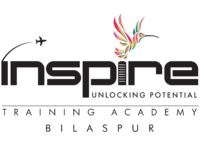Developing a Lunch and Learn
Our Lunch and Learn workshop will give your organization a quick and useful tool to add to its training department. Your participants will be able to use it as a follow-up or refresher to a previous training session. It doesn’t have to be just about a learning event, it can also involve collaboration, networking, or sharing best practices between employees.
What you’ll learn
- Understand what a lunch and learn is and is not
- Be able to set up and break down
- Create new content
- Address difficult situations and people
- Create useful takeaways
